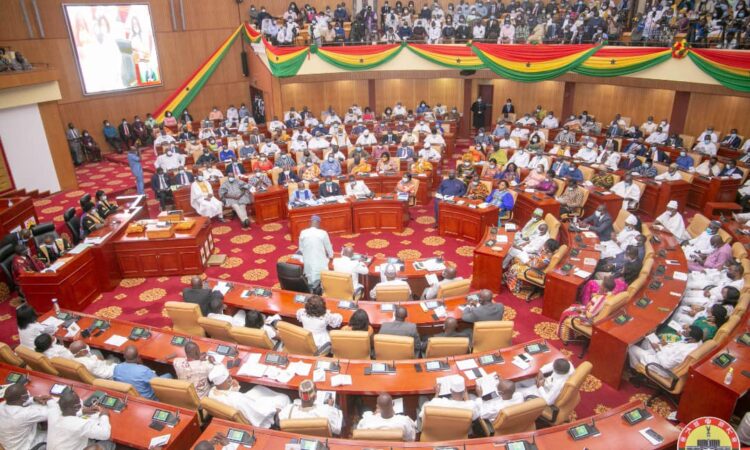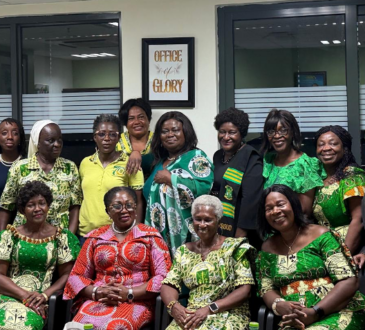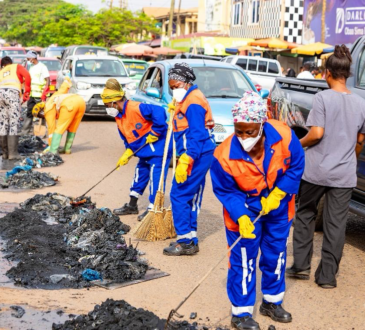
Parliament has finally passed the Affirmative Action, Gender Equity Bill 2024 before adjourning sine die on Tuesday, 30th June 20.
The purpose of the bill is to effectively address social, cultural, economic and political gender imbalances in the country, stemming from historical discrimination against women and persistent patriarchal socio-cultural systems and norms.
The bill also seeks to ensure gender equity in both the public and private sector.
The bill seeks to provide an accountability framework for gender equality and the empowerment of women aimed at providing both the executive and legislative yardsticks for measuring the commitment and progress of the country towards achieving gender equality.
It further seeks to address discrimination against women with disabilities and promotes their full inclusion and participation in social, economic, political and cultural spheres of life in accordance with Persons with Disability Act,2006 (Act 715).
Some of the highlights of the bill includes the establishment of a multi-sectoral Gender Equality Committee, policy direction of the Committee and the issuance of Gender Equality Compliance Certificate to deserving organisations on an annual basis.
There is also a focus on gender equality in private employment, the need for employers to submit gender equality report annually and dispute resolution procedures available for parties.
Speaking on the passage in parliament on Tuesday, the Speaker of Parliament, Alban Bagbin noted that “Honourable members the ‘ayes’ have it. The Affirmative Action Gender Equality Bill 2024 now the Affirmative Action Gender Equity Act duly read the third time and passed.”
Meanwhile, Haruna Iddrisu, Member of Parliament for Tamale South, has earlier expressed his dissatisfaction with the Affirmative Action Bill.
He argued that the bill’s content did not specifically address issues relevant to Ghana, but instead focuses more on matters in other countries.
The percentage of women in Parliament has fluctuated considerably, growing from 8% in 1992 to 11% in 2004, dipping to 8% in 2008 and then growing marginally over the years to 14.5% in 2020.
The 2020 ratio places Ghana at the 147th position out of 193 on the Inter-Parliamentary Union world classification.
By Eugene Davis







